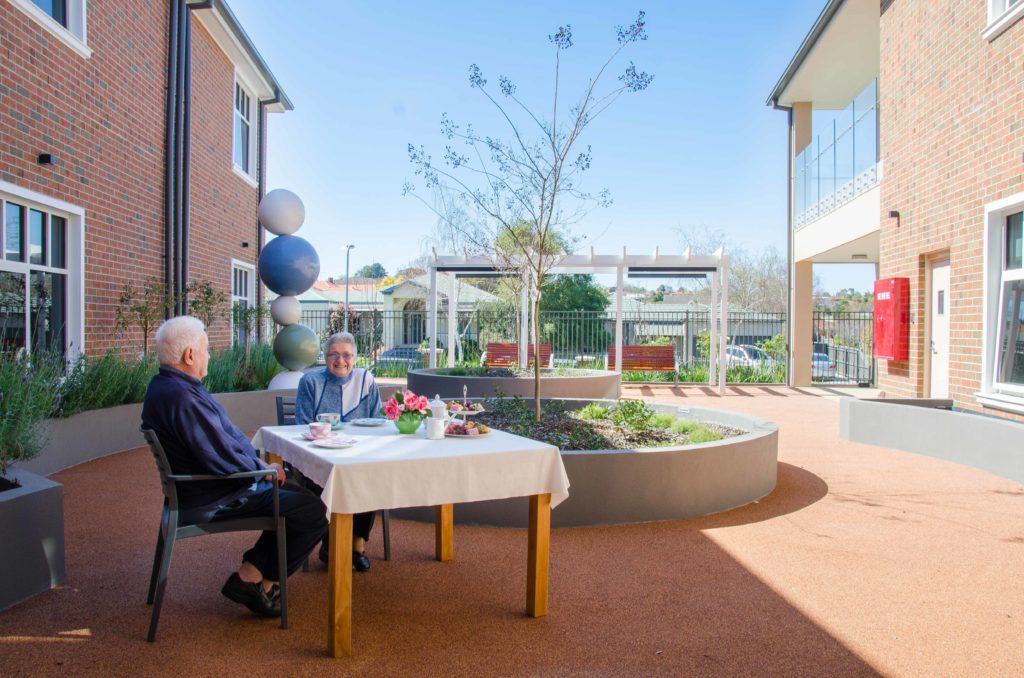As you enter retirement and reach your golden years, you may find that you can no longer reside in your own home. This could be because you can no longer care for yourself without professional help, whether it’s due to a disability, an emergency, the needs of your at-home carer, or a bereavement. Fortunately, thanks to regulations set out by the Australian Government, everybody – regardless of income and assets – can access the care and services they require.
In this article, we’ll detail the most frequently discussed topics surrounding residential aged care in Australia.
Residential Aged Care Explained
Residential aged care exists for senior Australian citizens who are unable to live independently at home. It can include 24-hour personal care and accommodation. You may also gain access to general health care services depending on your needs.
The government offers a range of subsidies to help senior Australians manage the costs of residential aged care. Find out what you’re eligible for.
Residential Aged Care Goals
The aim of aged care is to ensure that senior citizens can access the services they require to maintain their wellbeing and health. To achieve this, aged care homes assist with:
- Everyday tasks, including cooking, laundry and cleaning
- Access to healthcare (clinical care, practitioners, therapy, nursing, etc.)
- Personal care such as dressing, bathing and toileting
- Additional services, ranging from entertainment to social support
There are many private aged care homes to choose from, most of which offer premium services that guarantee optimum comfort for their residents. However, all government-funded aged care homes must adhere to strict quality standards.
The Cost of Residential Aged Care
How much you’ll pay depends on your income and assets, the aged care home you choose, the level of care you require, the services you need and any additional luxuries you want. Some costs are the same for all residents; for example, the basic daily fee (this is updated in line with the national aged care pension scheme twice a year).
Read our blog on the costs of aged care to learn more about fees in detail.
Who Oversees Residential Aged Care?
In order to deliver residential aged care, a care home must be approved by The Department of Human Services in line with the Aged Care Act 1997. This ensures all care homes are safe and suitable for senior citizens.
Residential Aged Care: Government Objectives
The Australian Government is always trying to improve the basic standard of care provided to its senior citizens. According to the Government’s website, its aims are to:
- Make funding more stable and fairer
- Enhance the assessment process for funding
- Free up resources for aged care workers, enabling them to improve their services
- Boost innovation within the sector

Finding the Right Residential Aged Care Home
All senior citizens can feel secure in the knowledge that their basic care needs will be met by the Australian government. Nevertheless, the idea of leaving your family home to live in an aged care home might seem daunting. Fortunately, plenty of private care homes go above and beyond to boost the quality of life for all its residents, and we’re one of the top-rated aged care providers in Melbourne and Geelong. Give us a call, and we’ll tell you everything you need to know about residential aged care and our facilities.






